How to store Bryndza?

Brynza is one of the most popular cheeses in our country, since the mechanism for preparing such a product at home allows you to produce it even on your own, if you have constant access to fresh milk. Ready-made cheese is good for your own use, and for treating friends and acquaintances, and even for sale.
The only drawback is that you can’t just store Brynza in the refrigerator for a long time: at least the cheese cannot be kept fresh, and in the worst case, the product will completely become unfit for food. At the same time, knowledgeable people know how to store this fermented milk product for a very long time, and we will also try to figure out how to do this.
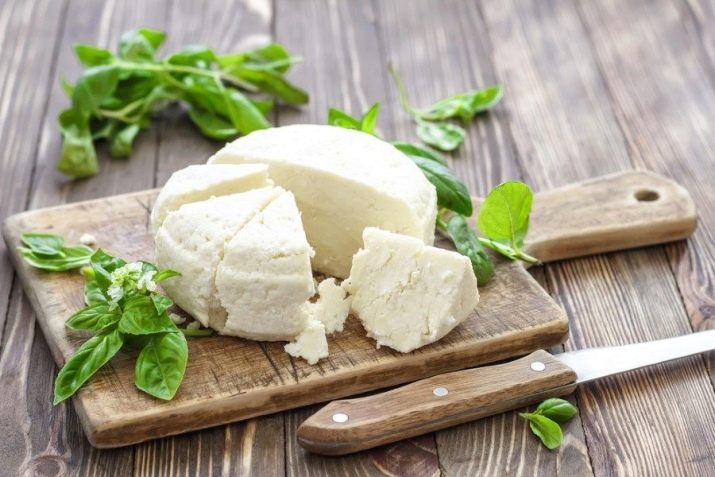
Long term storage technique
Of course, if you bought quite a bit of Brynza in the store, love it or have a clear idea of how to apply it as soon as possible, then inventing something is not necessary, because the shelf life of the product in the refrigerator can reach several days. If the expected storage duration should be much longer, you will have to resort to one of four methods.
- The simplest is use brine, which is sometimes sold Bryndza. This liquid is used in the process of making cheese, but due to its high salinity, it is able to store the product for a long time. If the brine in which the Brynza was prepared is used, then you can not be afraid that the product will acquire some new flavor, because the taste in this case is identical.Some manufacturers sell Bryndza directly with this brine, and if it is, it should not be poured out in any case - we will store the fermented milk product in it. In combination with constant refrigeration, the quality of the cheese will remain high for several weeks.
By the way, the brine itself can be used as an unusual drink or an additive to various dishes.
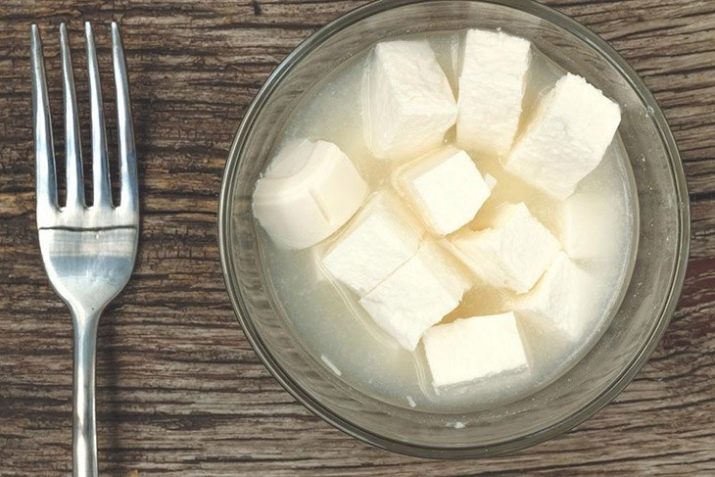
- If there is no "factory" brine, and the shelf life of the product needs to be stretched from several days to two weeks, you can store Cheese in the same refrigerator, but packaged very carefully. For such purposes, the cheese head is usually wrapped in food foil and placed in a saucepan, which is necessarily covered with a lid on top. For storage, you should choose a strictly enameled pan, while unprotected metal or any other utensil materials will not work.
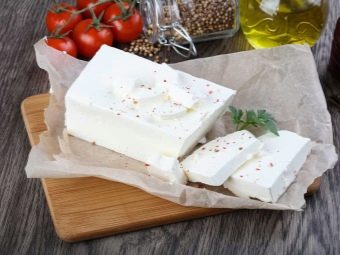

- If the brine was not sold complete with a head, but you want to keep Bryndza for many months, you have to make your own brine, especially since there is nothing complicated in this task. The exact proportion, interestingly, differs in different sources, apparently, it depends on the taste preferences of the authors, but for the first time you shouldn’t feel sorry for the salt: you need to put at least a glass on a three-liter jar. The brine should turn out to be concentrated, because most of the volume of the dishes will still be occupied by cheese, and not by liquid.
In concentrated brine, the head can be stored even for six months, but for this the liquid will have to be changed monthly. It must be understood that in the process of settling, Brynza takes part of the salt from the brine for himself, therefore, each subsequent time, the salinity of the brine is somewhat reduced.For the same reason, it is not worth keeping Brynza in brine for too long, since the concentration of salt in the cheese may eventually turn out to be excessive.
By the way, only glassware with a tight-fitting lid is suitable for soaking in brine.
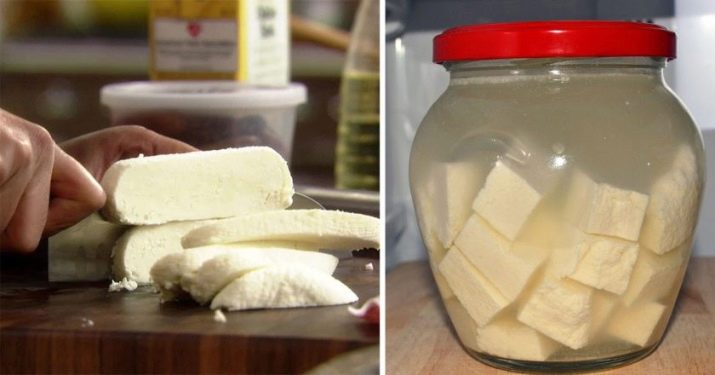
There is a lot of controversy on the Internet about whether Cheese can be frozen, and the answer really depends on how you plan to use it after defrosting. The fact is that because of the cold, the cheese loses its structure, and as a result, an attempt to cut it will end up crumbling into small pieces. Many also argue that after freezing, Brynza partially loses its original taste.
However, if you need the product not for sandwiches and not for a cheese plate, but, for example, in a salad or any hot dish, then this will not be a particular problem. At the same time, Brynza is stored in the freezer not unpacked, but tightly wrapped in cling film or a plastic bag, otherwise the head may deform completely, and then it will have to be scraped off the walls.
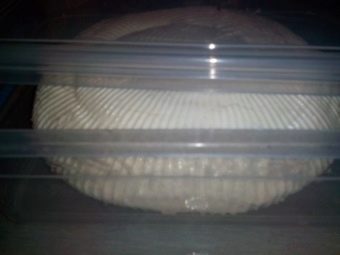

Common Mistakes
As is often the case, even a slight deviation from a proven recipe can result in a sudden failure of the design. And complete ignorance of the recipe all the more often leads to the fact that the result is unsuccessful. Cheeses usually do not buy much, and therefore long-term storage is often required if a person suddenly leaves somewhere.

Let's take a closer look at how Brynza should not be stored.
- Many people, fearing to oversalt the product, store cheese not in brine, but in ordinary boiled water. There is no logic in this: not only will plain water not protect against microorganisms, but also the salts will be washed out of the head, due to which it will become tasteless.It is worth soaking Bryndza in plain water only if it turned out to be excessively salty and needs to be “restored”, but this technique has nothing to do with long-term storage.
- Consumers in recommendation about wrapping Brynza in cling film and putting it in a pan with a lid is often limited to only the first step, although in fact the second is much more important: it’s better with a lid and without a film than with a film, but without a lid. The fact is that the lid allows the cheese head to retain its moisture for as long as possible, and without it, the product will simply dry out and become stale. A spoiled product can theoretically be saved by cutting off the hardened crust, but this already promises a loss in volume, and in the worst case, especially if a piece of cheese was a small, complete loss of product.
- Plastic containers, as well as metal ones without an enameled surface, unsuitable for storage of Brynza by any of the methods described. True, the situation with plastic is somewhat simpler: cheese can be stored even in such a container, but it is better to limit the period of stay there as much as possible, otherwise a characteristic unpleasant aftertaste will appear.
For information on how to store cheese in brine, see the video below.

















